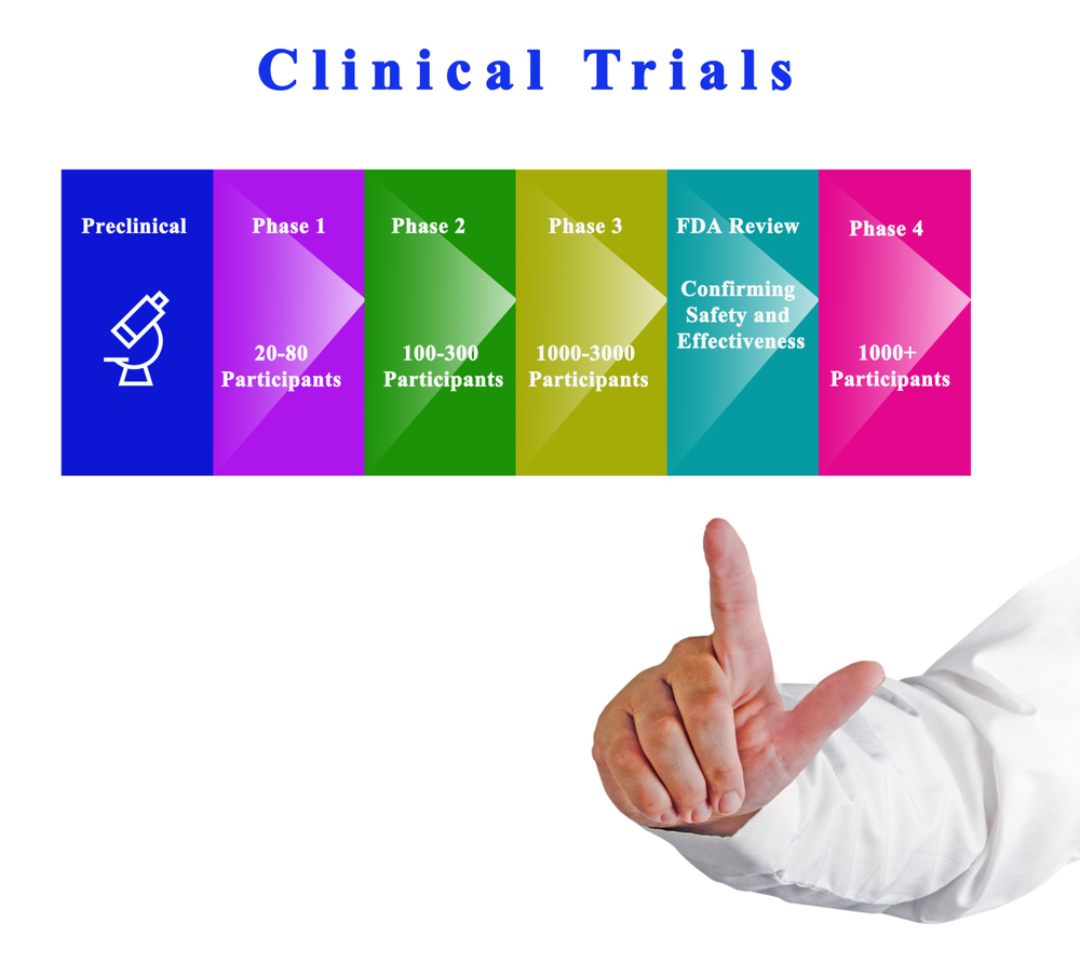
FDA Quietly Approves Denosumab Biosimilars, Issues Interchangeability for Others
On Nov. 13, 2025, the U.S. Food and Drug Administration (FDA) approved multiple denosumab biosimilars, enhancing market access and introducing interchangeability, boosting competition in bone health therapies.
The competitive landscape for biosimilar therapies targeting bone health and cancer-related skeletal events shifted markedly in fall 2025, as the FDA approved multiple denosumab biosimilars and issued 2 new interchangeability designations—signaling continued momentum in an increasingly crowded therapeutic space.
The FDA approved several denosumab biosimilars referencing Prolia (for osteoporosis and bone loss) and Xgeva (for prevention of skeletal-related events in cancer) throughout 2025, with a surge of activity in the fall months.
In September 2025, the agency approved Hikma Pharmaceuticals/Gedeon Richter’s Enoby and Xtrenbo (denosumab-qbde), followed by approvals of Accord Healthcare’s Osvyrti and Jubereq (denosumab-desu) in October.
These approvals represented a significant diversification in available denosumab options for both postmenopausal osteoporosis and oncology indications. Collectively, the biosimilars are expected to improve patient access and introduce pricing competition in a therapeutic area that has historically faced high treatment costs and limited alternatives.
For managed care stakeholders, these regulatory and policy shifts may offer faster, more cost-effective biosimilar entry into the US market. Yet, experts caution that the full benefits of these reforms will depend on broader systemic alignment—addressing persistent challenges such as manufacturing complexity, payer incentives, and pharmacy benefit manager transparency.
Despite progress, analysts warn that a “biosimilar gap” persists: only about 10% of biologics expected to lose exclusivity between 2025 and 2034 currently have biosimilars in active development. As denosumab biosimilars continue to reach the market, sustained collaboration among regulators, manufacturers, and payers will be key to achieving long-term affordability and access in biologic care.
Tags:
Source: AJMC
Credit:
